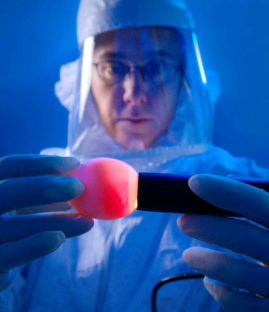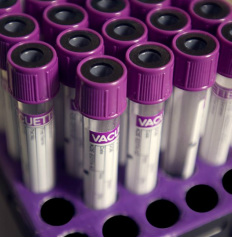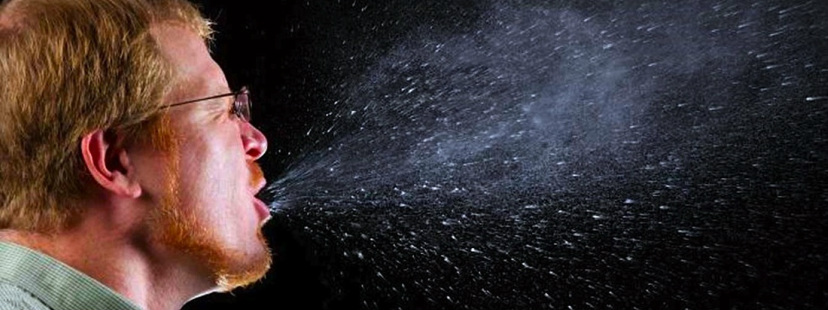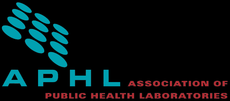|
An effective public health system will improve the overall health of the community, prevent diseases from occurring and ultimately, save lives. It will succeed by accomplishing the following:
 Source: CDC / Laura R. Zambuto Source: CDC / Laura R. Zambuto
Public health science involves a broad range of professionals including nurses, environmental specialists, health educators, administrators, nutritionists, epidemiologists, physicians and laboratory workers, to name a few. Each of these positions brings a unique set of skills to the organizations that employ them, which typically include federal, state, local and private laboratories and hospitals. Together, they create a public health system which is able to protect citizens from diseases and other potential health threats. Public health workers monitor and track illness to discover the source of the disease or environmental threat, identify and treat those that have been exposed, and implement procedures to stop the spread of the disease.
 Source: CDC / Amanda Mills Source: CDC / Amanda Mills
Public health is often confused with health care. Health care is a system that is focused on treating an individual patient. Health care workers make a single diagnosis and develop a treatment plan for the individual. Public health systems work with illness in communities rather than individuals, and develop a plan of action to improve the health status of the entire population.
The 21st century has created new challenges for public health. There is a consistent emergence of new diseases and health conditions that must be identified and addressed. There is looming concern of bioterrorism events to contend with. The world has become a mobile society and threats that were once a world away can now reach our communities in a matter of hours. A well established public health system and professionals willing to meet these challenges are absolutely essential to ensuring the health and well being of the overall population. |
|
THATSSICK.ORG IS BROUGHT TO YOU BY:
|
This website was supported by Cooperative Agreement # U60HM000803 funded by the Centers for Disease Control and Prevention.
Its contents are solely the responsibility of the authors and do not necessarily represent the official views of CDC or the Department of Health and Human Services.
© 2014 Association of Public Health Laboratories. All Rights Reserved.



